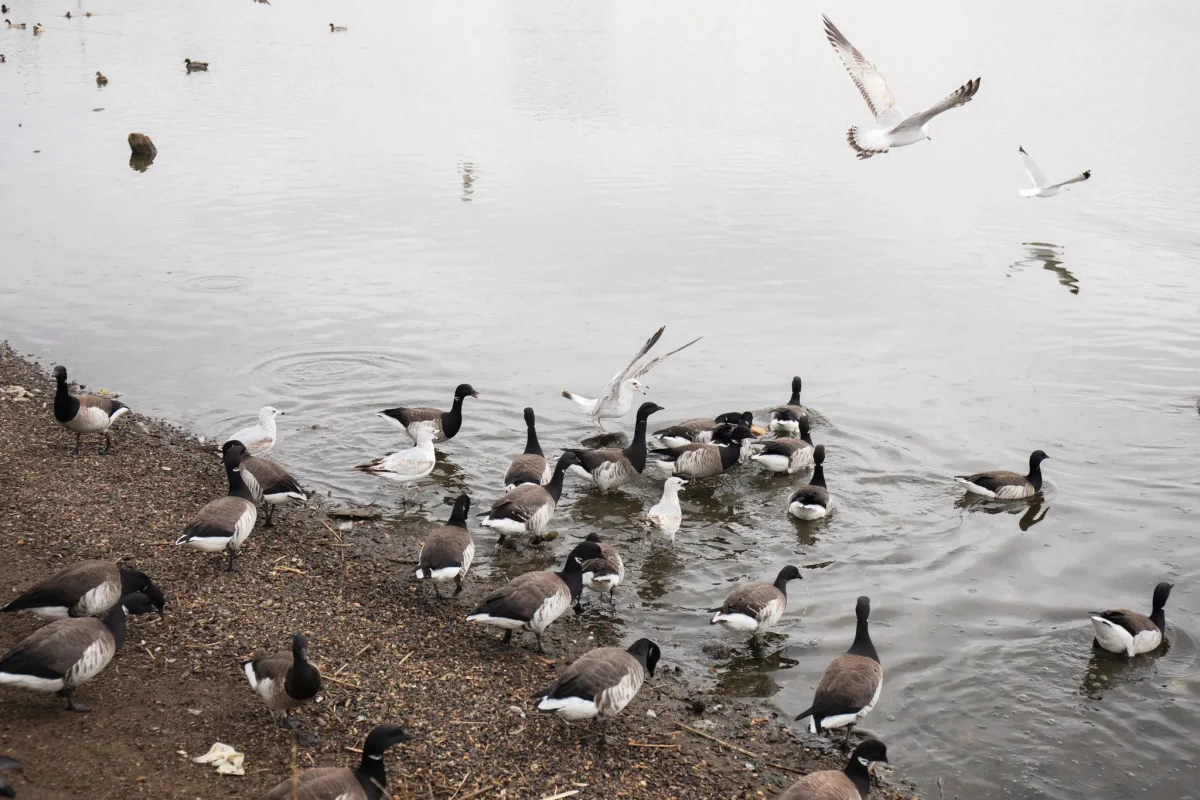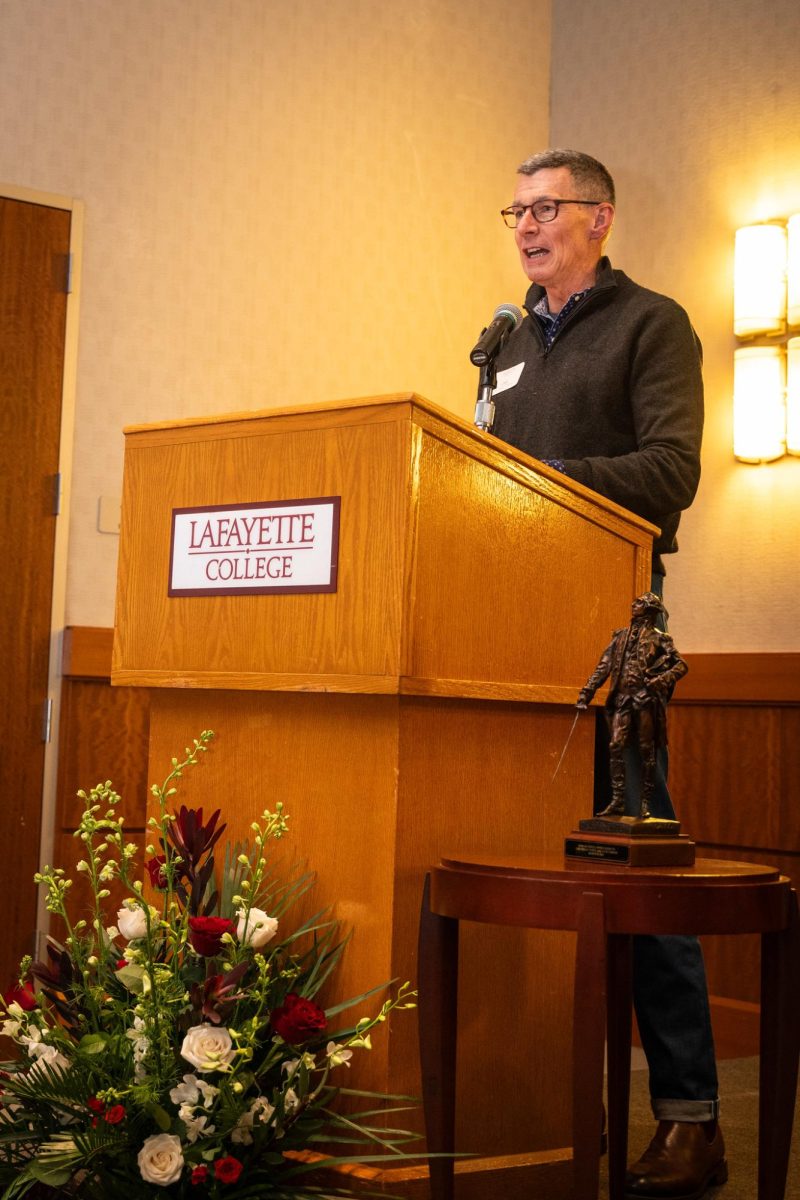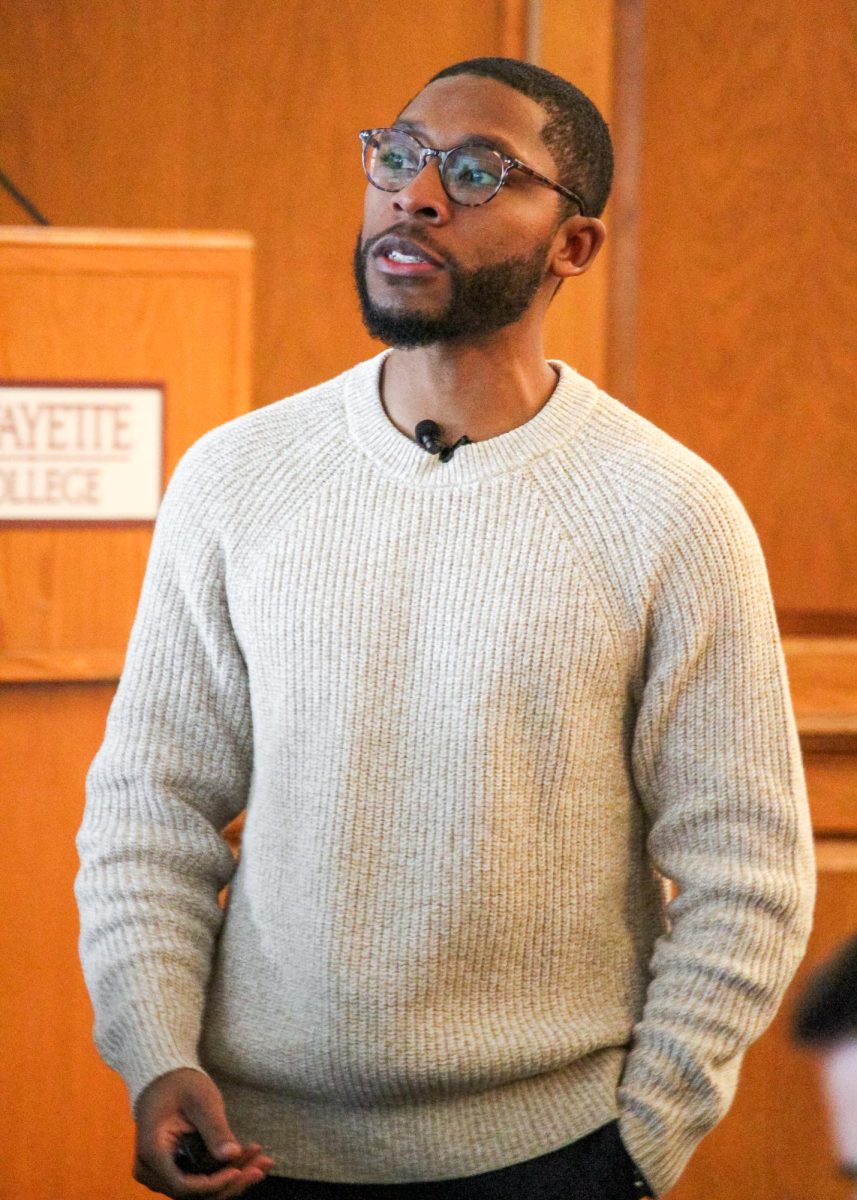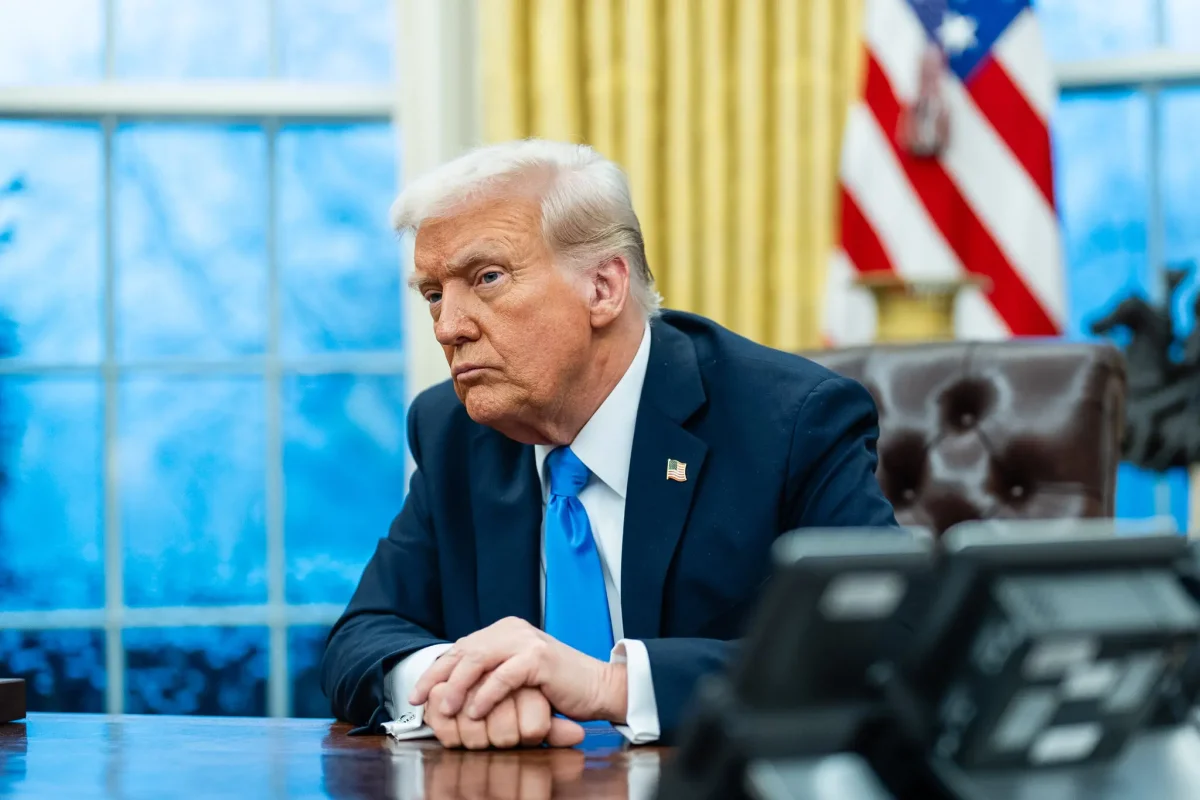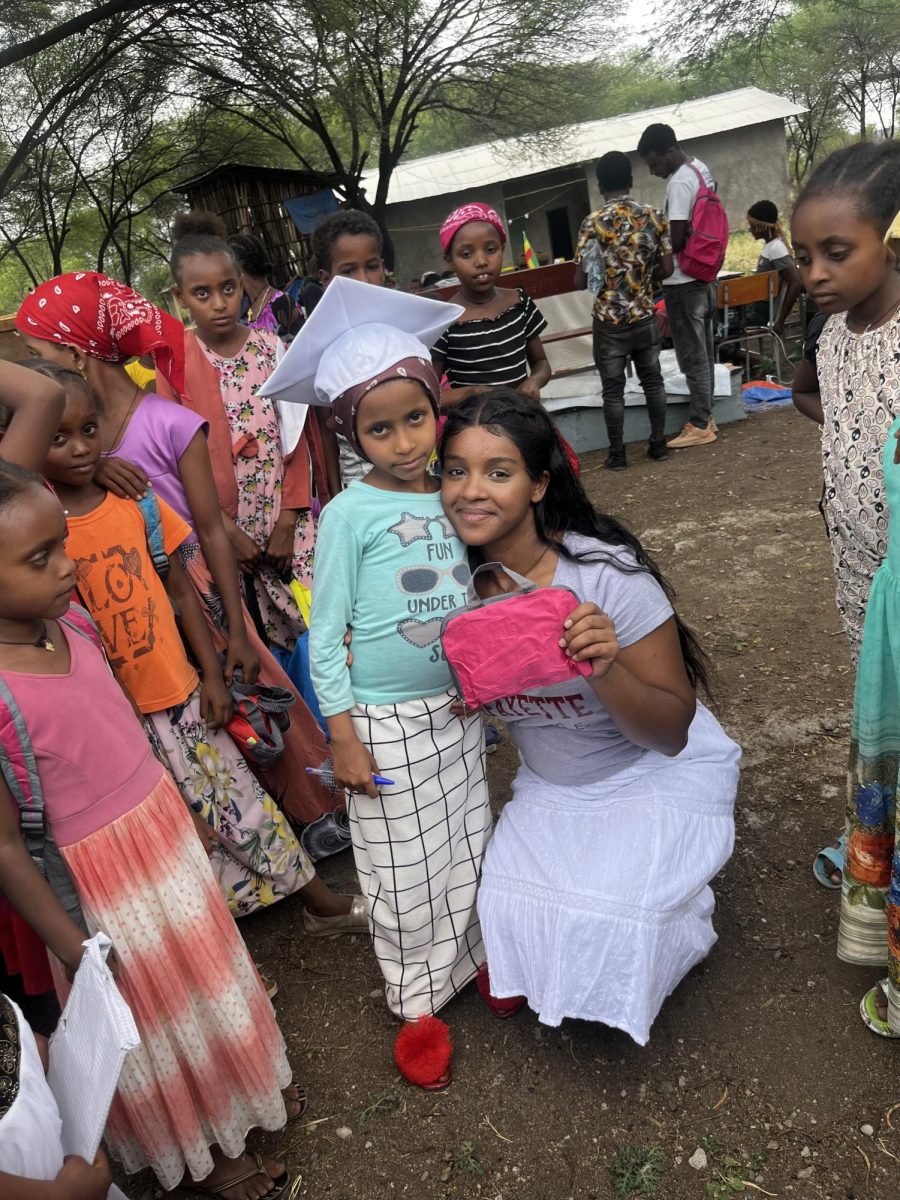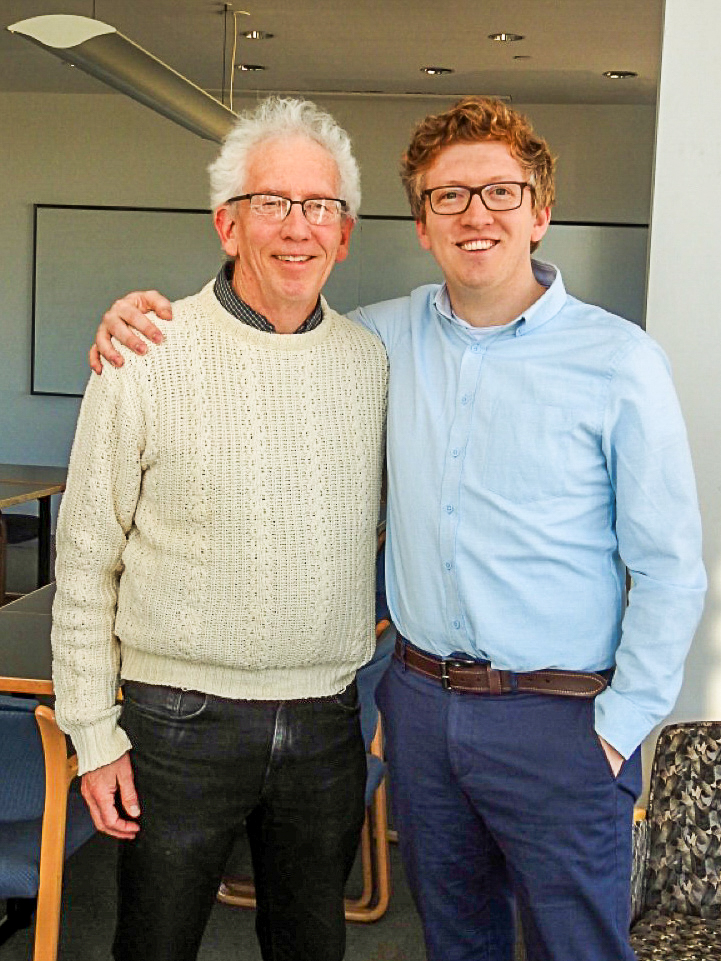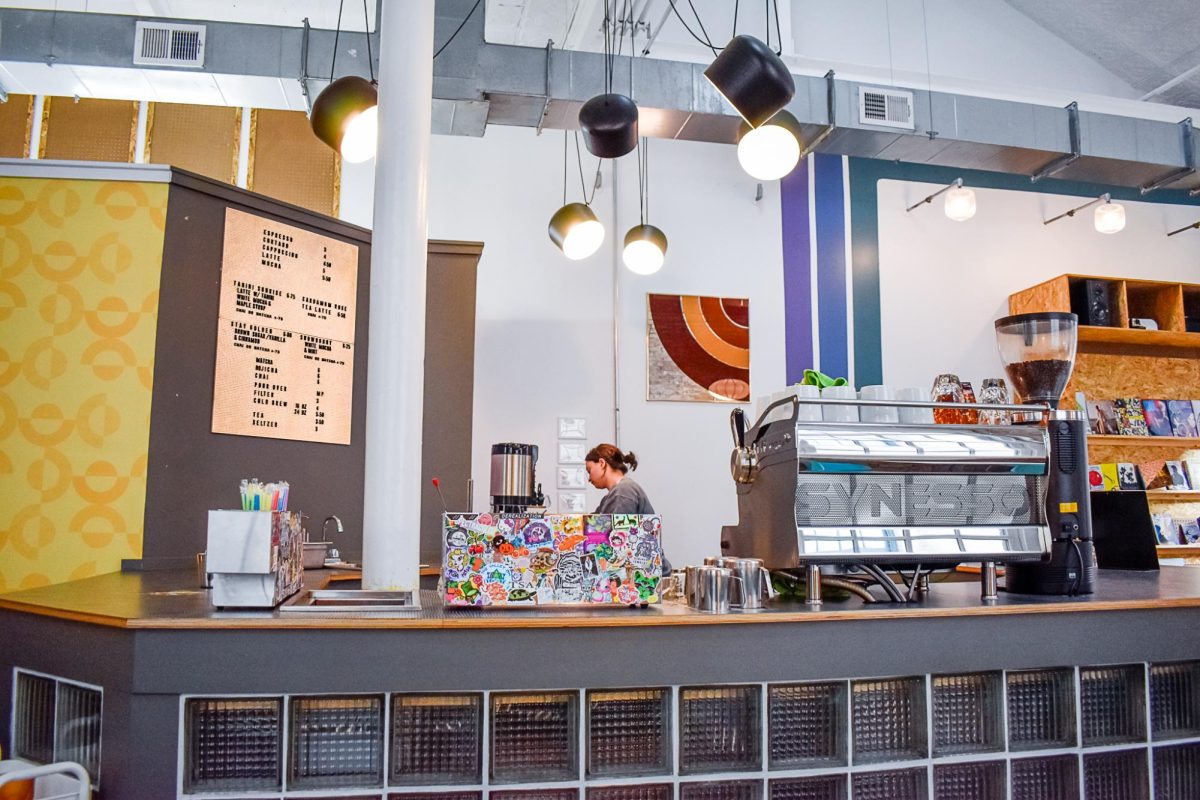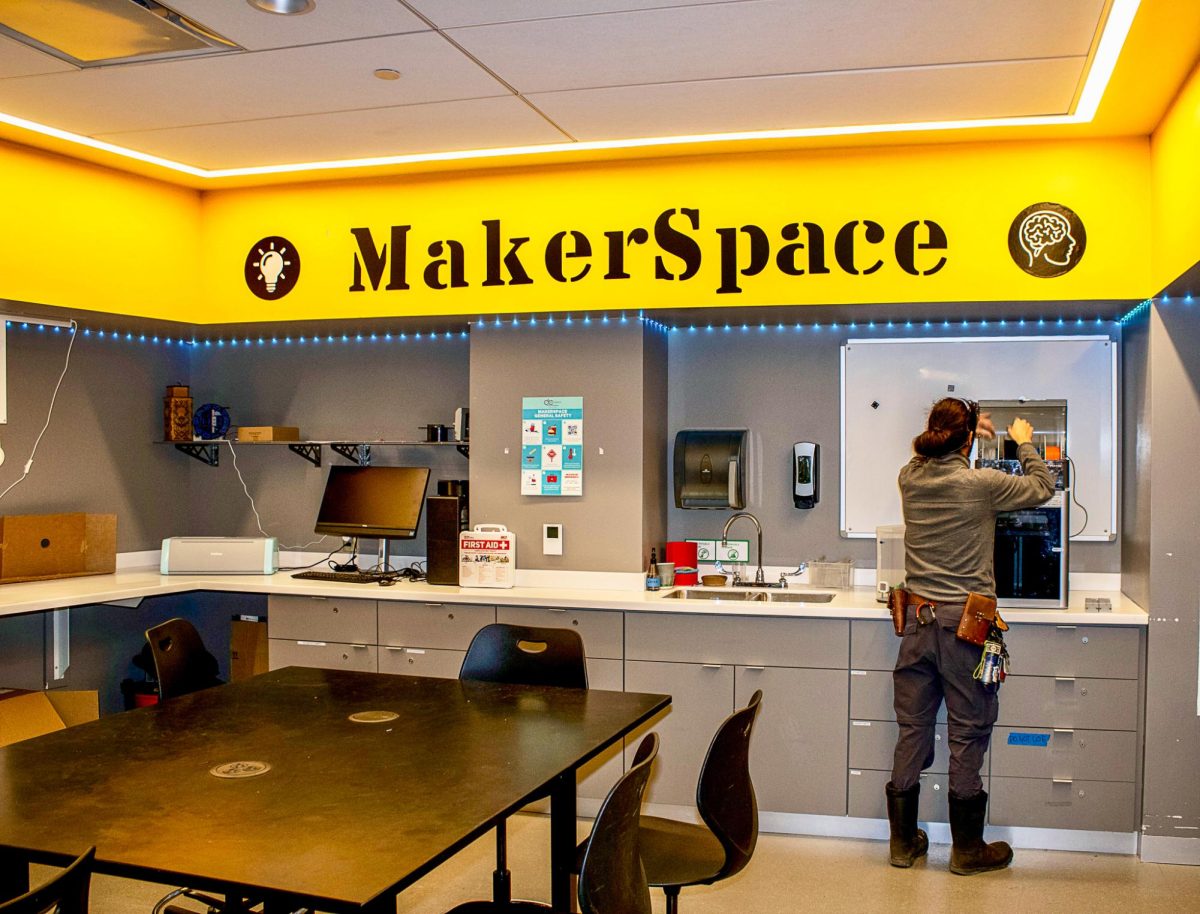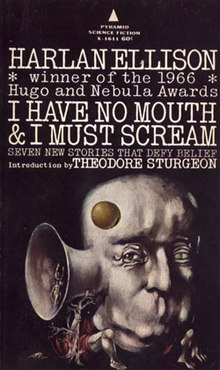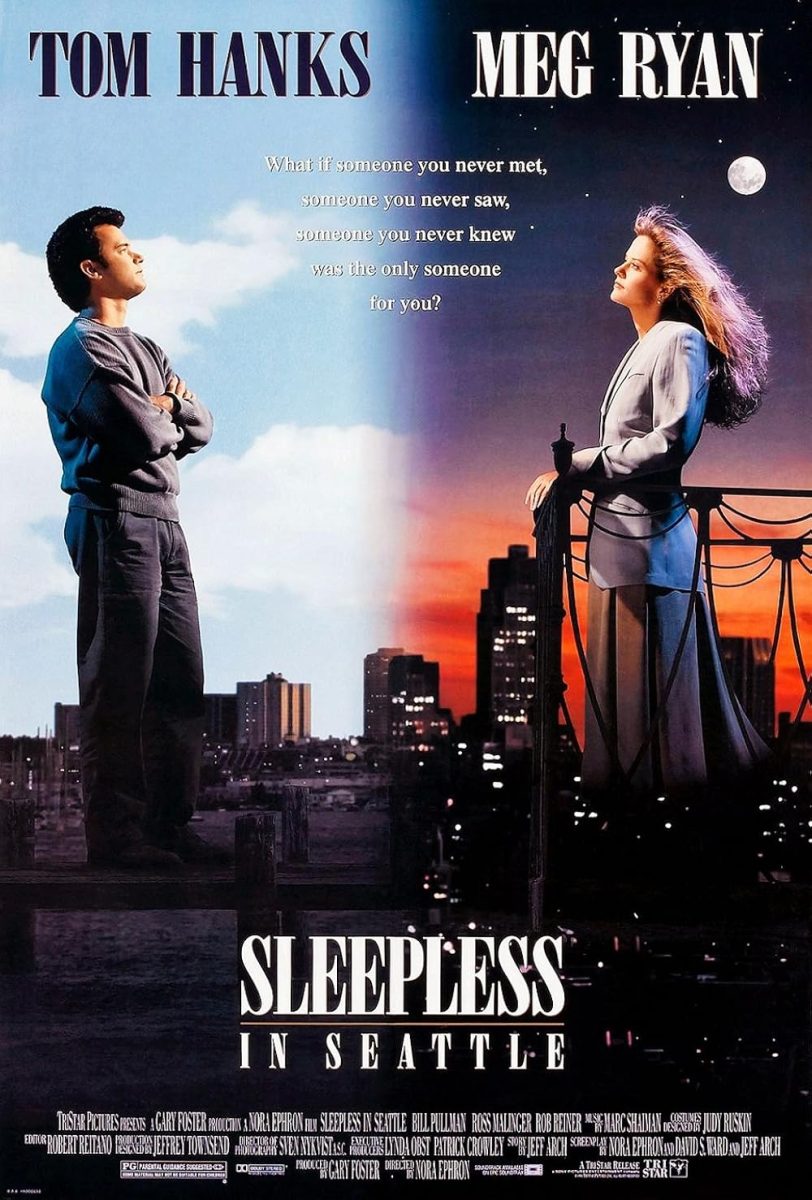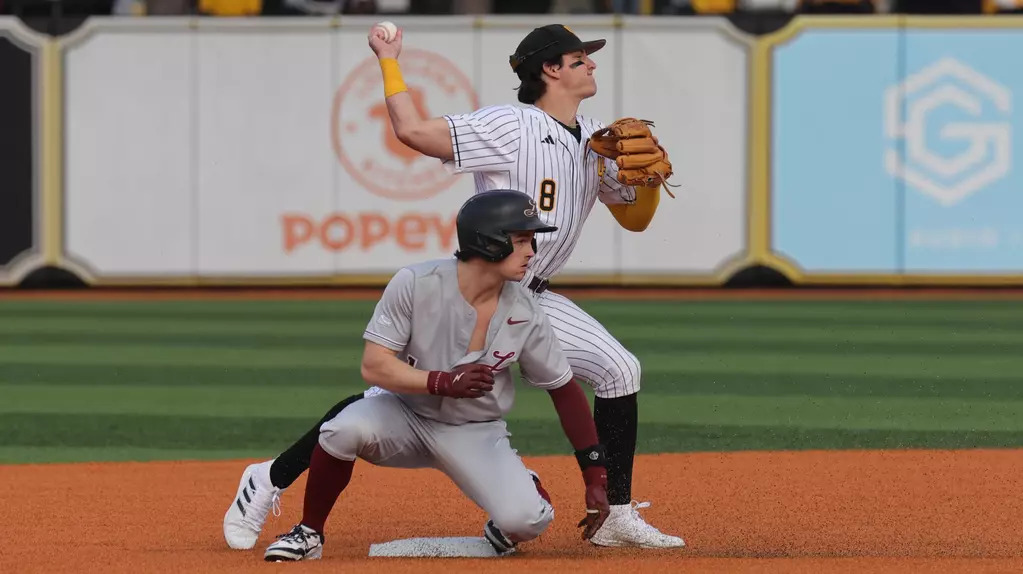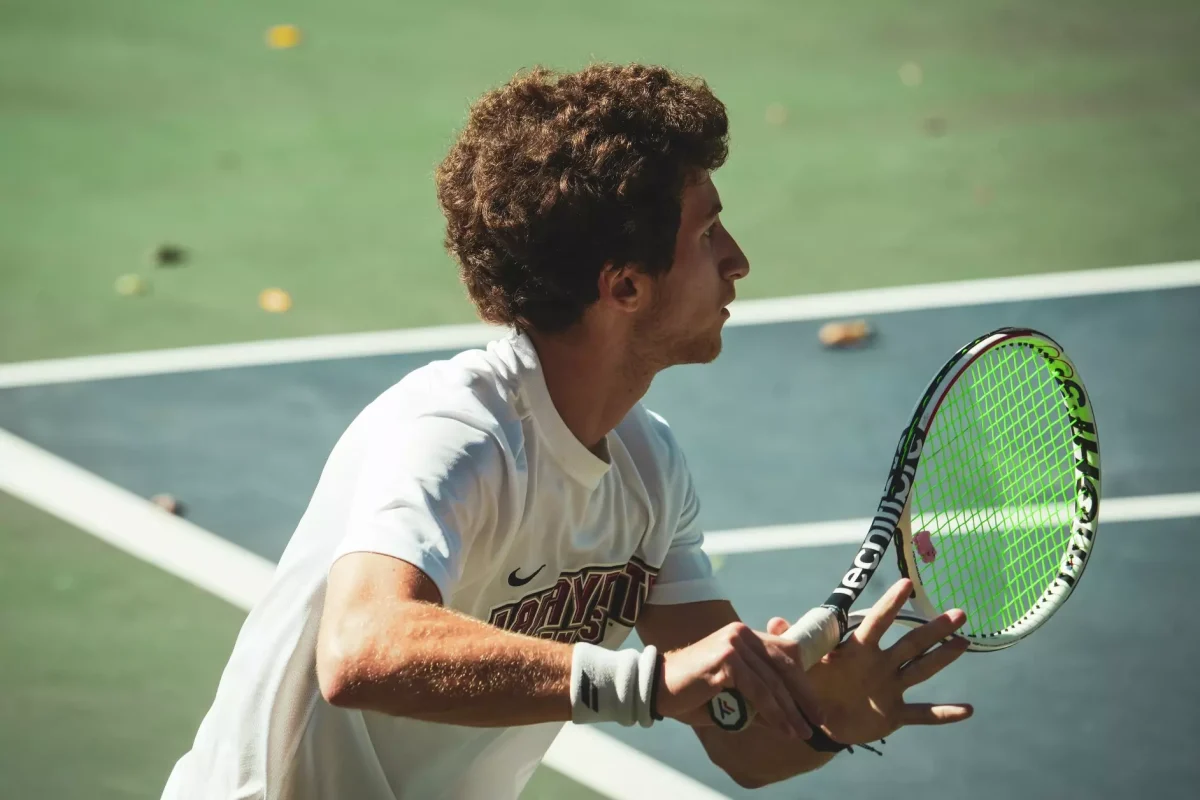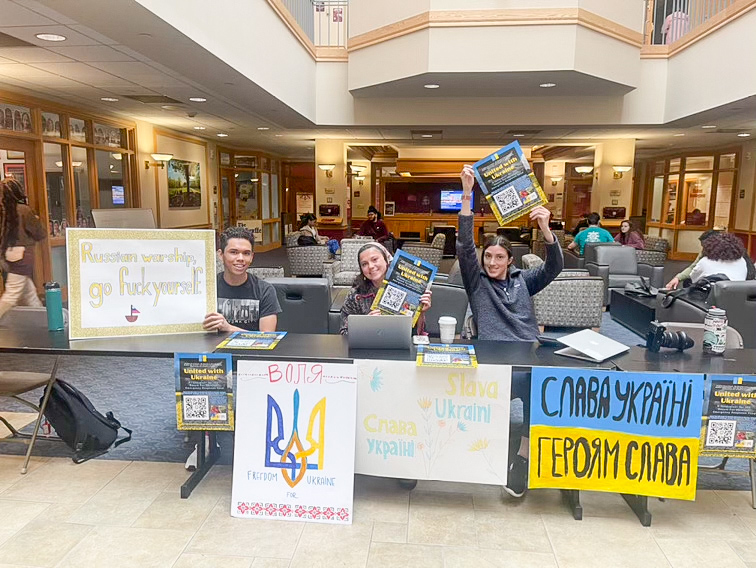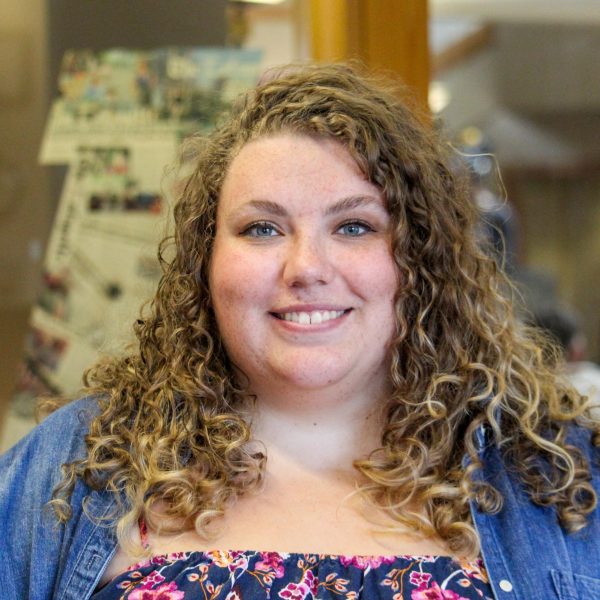For Deanna Hanchuk ‘22, the last few weeks have brought heartache and confusion— and an opportunity to contribute to emergency medical efforts in her ancestral home of Ukraine.
All four of Hanchuk’s grandparents were born in Ukraine before immigrating to the United States as part of the Third Wave of Ukrainian immigration around the second World War.
Hanchuk’s family landed on the east coast, where she grew up completely immersed in Ukrainian-American culture through her Ukrainian Center in Whippany, New Jersey, learning Ukrainian as her first language, attending Ukrainian school every Saturday and performing in a Ukrainian dance troupe.
“If I had to put a theory as to why the Ukrainian-American community is so strong right now, it’s because the people that had to leave were very patriotic people,” Hanchuk said. “The people that they were hunting then were the people that really cared about nationalism and the Ukrainian identity and culture.”
Russia’s invasion of Ukraine at the end of February left Hanchuk and many others feeling confused and disheartened.
“The next days were weird because I didn’t know what I was thinking. Because it was both very much affecting my life, but at the same time, not affecting my life,” she explained. “I did not wake up when there were missiles in my home. I did not wake up with dead bodies on the street.”
Hanchuk found community with her cousin, Ksenia Tymchemko ‘25, and other students connected with Ukraine at a rally held on campus the week after the invasion.
“It was cool to see people gathered and to hear the people that took the microphones that were individually affected—hearing from more Ukrainians,” she said. “I didn’t know that certain international students that are here are Ukrainian or that there are first-generation students that spoke up.”
Knowing her close ties to Ukraine, some of Hanchuk’s professors insisted she take a break from her work.
“I couldn’t just take time. I needed to be doing something,” she said.
“It’s one thing to educate, but it’s another thing to get tactical medical supplies,” she continued.
Hanchuk began the process by getting approval through Student Government, of which she serves as a representative. She got approval for the fundraiser after presenting to the General Body and then moved forward with organizing the events.
The first component of the fundraiser occurred last week when Hanchuk and other participating students set up a table in Farinon College Center with a QR code that allowed students to donate directly to the Razom Foundation Emergency Response Fund.
Hanchuk chose this organization because of its transparency with funds and its close ties to the Ukrainian community. According to Hanchuk, the group has connections on the ground in Ukraine and has proven its capability to get necessary supplies into affected areas since its founding in 2013.
Hanchuk will also be fundraising during the coming week using social media Venmo boards.
“I know social media fundraising works, and I know that it works for students,” Hanchuk explained. “I wanted to make sure that students had the opportunity to do that— that [if] they wanted to donate money, it was easy for them to do that.”
Finally, Hanchuk will be helping sell t-shirts in conjunction with Art Professor Pedro Barbeito’s Beginning Printmaking class. The design, created by Alexandra Kasparian ‘22, features the phrase “Peace for Ukraine” in the shape of an eye. The shirts will be sold next week.
“I think it’s fantastic that the printmaking class has taken initiative to use their talents and create artwork for such a great cause,” Hanchuk said.
The efforts will culminate in a rally on April 23 on the quad, where Hanchuk hopes to host speakers, musicians and poets, as well as have food and t-shirts on sale.
Hanchuk looks forward to the effects of the rally on the campus community.
“I feel like it really echoes the way that your larger city rally has been happening. I think that it will be really impactful for the campus to experience something of that magnitude and level the way that Ukrainians and other supporters have been feeling at these rallies,” she said.
Those interested in contributing to the efforts can donate directly to the Razom Foundation Emergency Response Fund or keep an eye out for the Venmo boards on Student Government’s Instagram @lafstugov or on Venmo @United-with-Ukraine.
Disclaimer: Deanna Hanchuk ’22 is a managing editor of The Lafayette and did not contribute writing or editing to this article.




